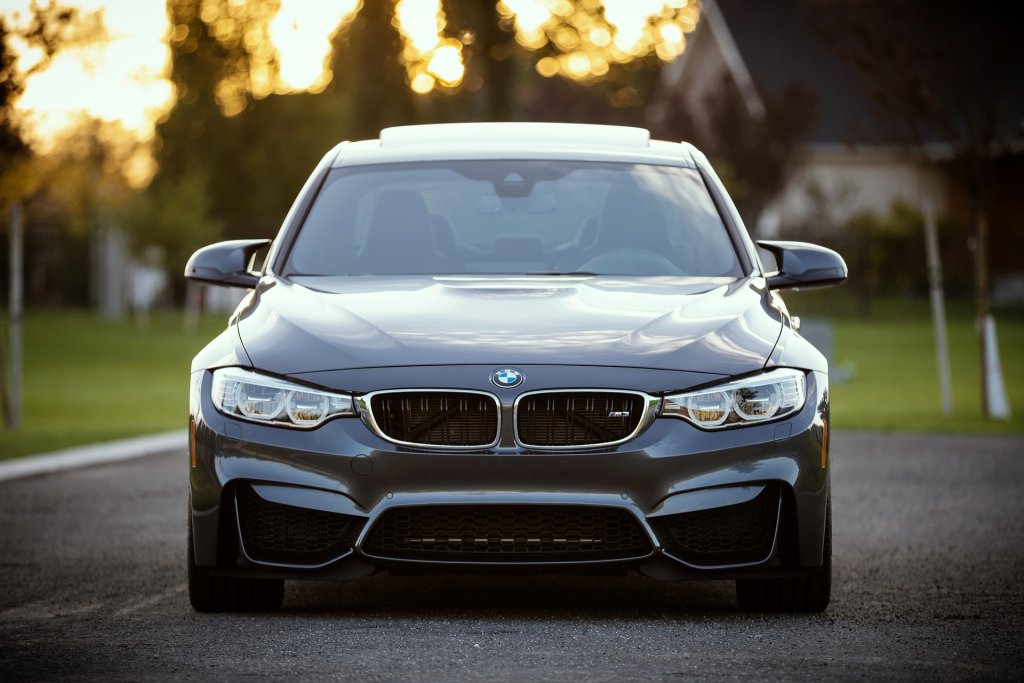The Three Types of Car Insurances
There are three different types of insurances to purchase for vehicles. Liability is the type of insurance that every vehicle on the road must have no matter what. Liability covers the driver of the other vehicle in case of an accident caused by yourself or someone driving your vehicle. Then there is Collision, which covers the damages to only your vehicle if you are responsible for the accident. Finally, there is comprehensive which covers any damages to your vehicle that is not due to a wreck or rollover. If something happens to your vehicle that is out of your control, the insurance will cover the repairs of the damages after you meet your deductible.
Reasons to Have Comp Insurance
Comp insurance can be thought of as a supplemental insurance to liability and collision insurances. It covers the cost of any damages after the deductible is met that the other two types will not touch. The reason we need any type of insurance is that a person may never know when something will happen. This can be either at the fault of another person or the fault of the owner of the vehicle. Things in categories that would fall under what comp insurance covers are things such as storms, hail, vandalism, auto theft, damages from animals either by hitting them while driving or the animal damaging the vehicle by any means. So, before you make any decision, you need to have a clear idea about what a comprehensive car insurance can offer and what basically a comp insurance is. There are many different types of people and industries who could really benefit from having comp insurance and all that it has to offer. It is definitely something worth looking into especially if you own your own business in the transportation sector.
Transportation Industries
For industries, it is a little bit different than for the personal use of vehicles. Personal car insurance will not cover the use of commercial vehicles. It has to be a separate Commercial Auto Insurance policy for industrial vehicles. This can fall under pick up trucks or one-ton Hot Shots, 18 wheelers, commercial vans, buses, or any other type of vehicle used for commercial use. These would also fall under the category of vehicles that transport equipment, people, dirt, or any type of building materials. Any vehicle that is used as a business for the transportation industry that is also used for personal use will be covered for personal but not for the business. In some cases, this can also be very difficult to prove should anything happen to the vehicle. If anything happens to the vehicle while it’s in service for business, the owner of the vehicle will be responsible for any damages. Any and all vehicles that are used for the transportation industry are seen as a greater liability or risk since they are constantly on the road and in use.
Taxis
Taxi services are also on the road quite often day in and day out. Even though regular yellow cab taxis may not have anyone in the vehicle at the time, they are constantly riding around a designated route for the driver to pick up customers in the area. Some taxicab services have an independent owner for a single business and only have one cab in use. There are full-fledged businesses with multiple taxis, and regular employees hired on for their company. These taxes would have comprehensive insurance covered at all times on their vehicles. Other taxi services such as Uber and Lyft, they only have coverage while the app is in use. When the app is turned off, it falls under their personal insurance, not the business.
Luxury Cars
Luxury cars would be one of the types of cars that should always have comprehensive insurance due to the high value of the vehicle. Any damage or theft to the vehicle can be very costly in the thousands of dollars. Normally these vehicles are purchased through finance companies and are covered at full coverage which includes comprehensive. Since most vehicles are financed, the bank technically owns them. Should something happen to the vehicle, they want the collateral vehicle insured with mandatory full coverage. This also helps the owner of the vehicle if they are financing it. It covers the owner just in case the car gets totaled so they are not paying monthly notes for a vehicle that cannot be used. If the vehicle is totaled, after the deductible is met, the vehicle is pulled off the road and the insurance company pays off the remaining value of the vehicle.
Examples of Comprehensive Claims
With insurance, every time something happens, it is always best to know you never have to worry about damage to your vehicle when Mother Nature strikes. There are times a vehicle is parked and the rain starts pouring down and can flood a vehicle. Then there are hail storms that can damage the paint job of a vehicle, and also make some big craters in the metal, possibly busting the windshield and windows. There can also be wind damage taking objects and throwing it into the vehicle. Many people file claims if their vehicle catches on fire which statistics show happens quite often. Sometimes people drive through wooded areas or interstates and highways with a lot of trees. We have all heard stories of some driver who hits a deer or an animal that comes out of nowhere. Like vehicles when an accident happens these animals can tear up a vehicle upon impact. This is also something that happens quite often. And one of the scariest things that can happen to you or anyone is, you walk outside your home or store, and notice your vehicle is not there anymore. It has been stolen. Comprehensive insurance also covers this terrible incident. No matter the case, it is always best to have because you just never know.

